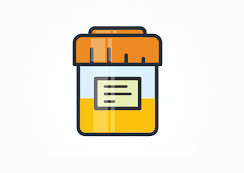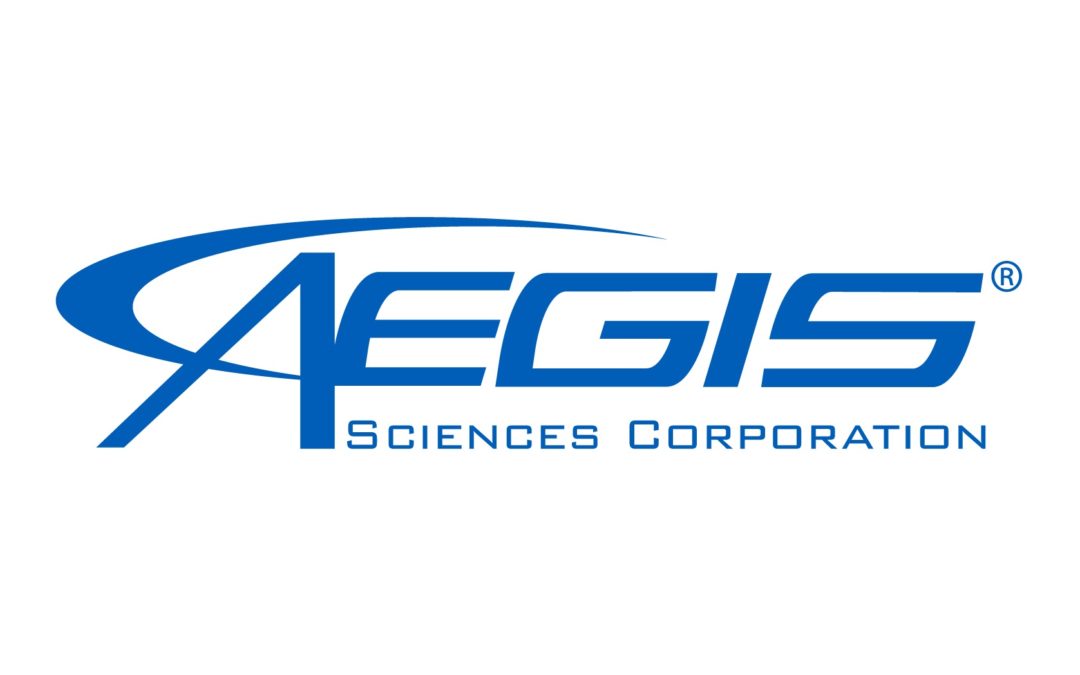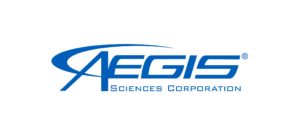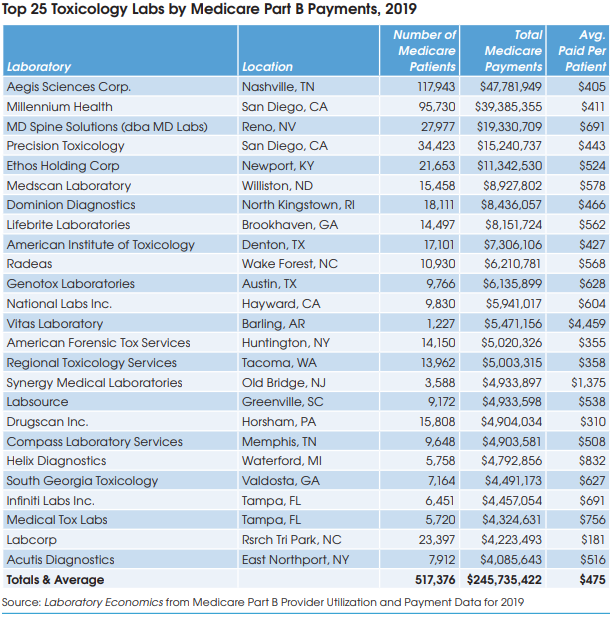
MACs Back Off Proposed Toxicology Cuts
MACs Back Off Proposed Toxicology Cuts
Six Medicare Administrative Contractors (MACs) have retired
proposed Local Coverage Determinations (LCDs) that would have
limited reimbursement for definitive drug testing to no more than 14
drug classes.
The proposed LCDs would have resulted in effective Medicare reimbursement cuts of 21% for procedure code G0482 (definitive drug testing for 15-21 drug classes) and 37% for G0483 (22+ drug classes). This would have resulted in an estimated $100+ million per year of lost Medicare revenue for toxicology labs (see LE, March 2023). Additionally, due to the draft LCDs proposed reduction to the number of recognized drug classes, most testing falling under procedure code G0481 (8-14 drug classes) would have been reclassified to procedure code G0480 (1-7 drug classes), which reimburses at $114.43 vs $156.59 for G0481.
The five MACs that had proposed limiting reimbursement for definitive drug testing to no more than 14 drug classes were CGS administrators, First Coast Service Options, Noridian, Novitas Solutions, Palmetto GBA and Wisconsin Physicians Service. Another MAC, National Government Services (NGS), had actually introduced the proposed changes by issuing a billing article late last year. NGS then issued a proposed LCD for capping definitive drug testing in February 2023.
However, all of the MACs, including NGS, retired the proposed changes in early April.
The American Clinical Laboratory Assn., the big commercial labs and numerous independent toxicology labs, with bipartisan and bicameral support from Congressional representatives, had all argued to the MACs against the proposed changes. Their reasoning included:
1) The proposed LCDs directly violated CMS’s national coding and payment policies for definitive drug testing.
2) CMS had published clear guidance in 2016 that the definitive drug test codes (G0480-G0483) and payment rates—that providers must use— were set based on AMA CPT Manual listings of drugs and drug classes.
3) The proposed policies could cause significant disruptions to access for drug testing services during the ongoing opioid public health emergency.
“This outcome reflects the highly constructive dialog that occurred between all key stakeholders and a recognition of the importance of definitive drug testing services as a vital tool in combating
the worsening opioid epidemic,” noted Joel Galanter, Chief Legal Officer of Aegis Sciences (Nashville, TN).
Newly proposed LCDs issued by the MACs are now focused on tweaking the language that describes patient risk assessments and documentation that doctors should use before ordering drug testing. There are no drug class caps on the definitive drug test codes (G0480-G0483) contained in the newly proposed LCDs.


